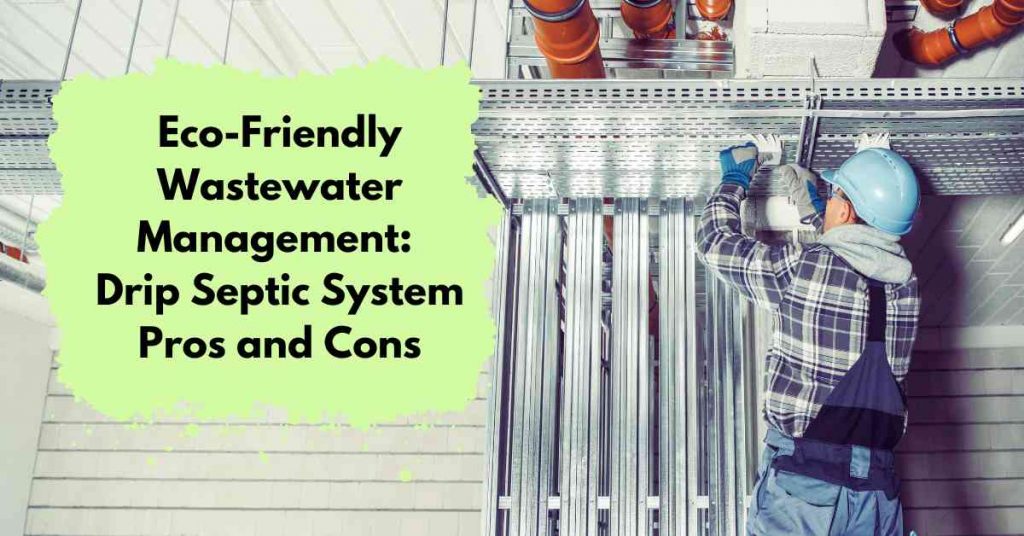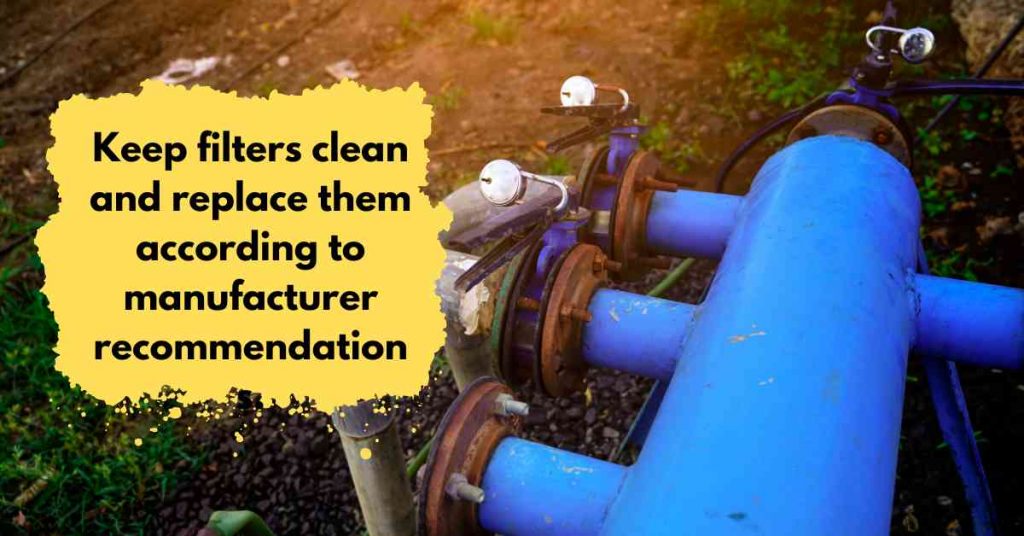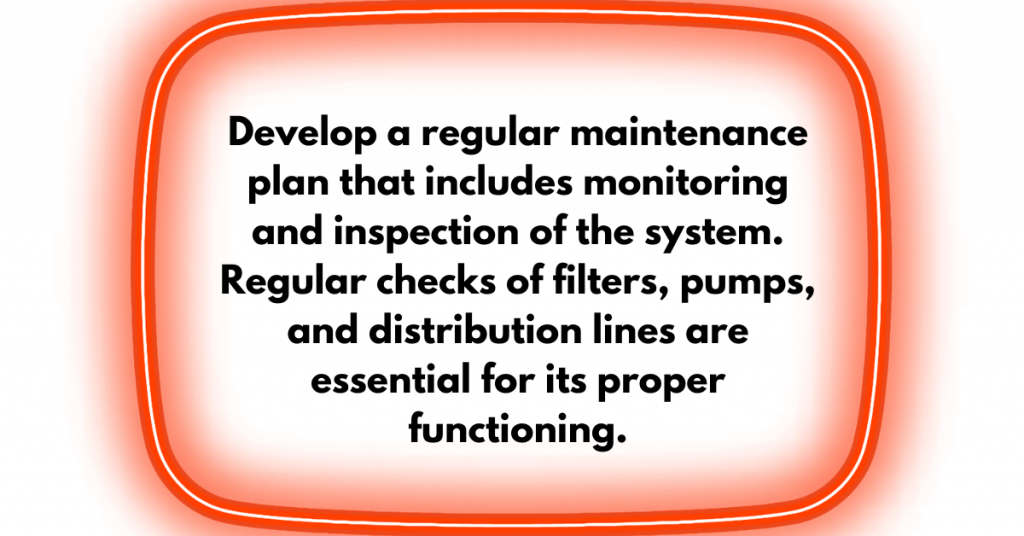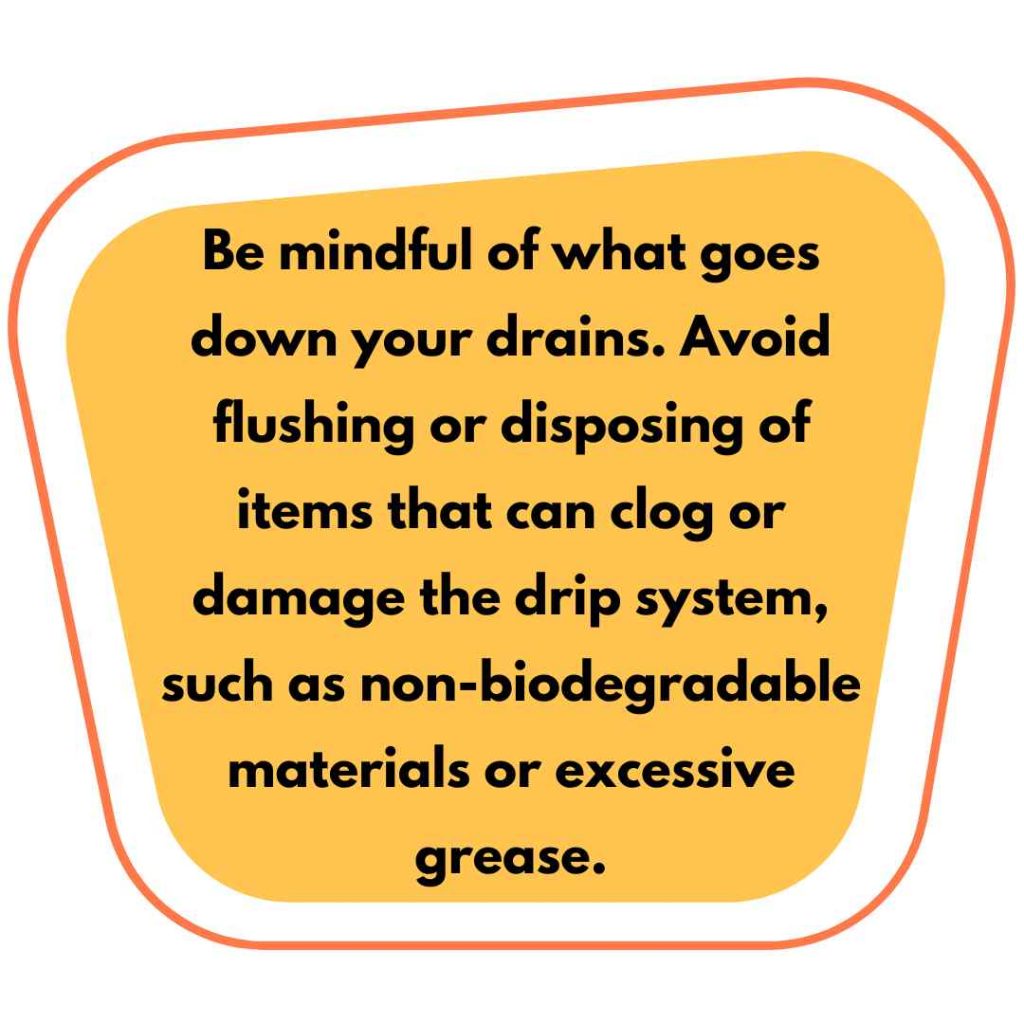Drip Septic System Pros and Cons: A Comprehensive Guide

Drip septic systems, or pressure distribution or drip dispersal systems, are gaining popularity as effective and eco-friendly onsite wastewater treatment methods. If you are considering a drip septic system for your property, it is essential to understand its pros and cons to make an informed decision.
This comprehensive guide will walk you through the benefits and limitations of drip septic systems, helping you determine if it's the right choice for your wastewater management needs.

- How Drip Septic Systems Work
- Advantages of Drip Septic Systems
- Limitations of Drip Septic Systems
- Comparing Drip Systems to Conventional Septic Systems
- Drip System Design and Sizing
- Permits and Regulations
- Installation Process
- Proper Maintenance and Care
- Environmental Impact and Sustainability
- Long-Term Cost Considerations
- Drip Septic System Myths and Misconceptions
- Alternative Onsite Wastewater Systems
- Drip System Applications and Best Uses
- Bottom Line
- FAQs (Frequently Asked Questions)
- Are drip septic systems more environmentally friendly than conventional systems?
- How often should a drip septic system be inspected and maintained?
- Can drip septic systems be installed in all types of soil?
- Are there any financial incentives for installing a drip septic system?
- Can both residential and commercial properties use drip septic systems?
How Drip Septic Systems Work
Drip septic systems utilize a specialized drip dispersal method to distribute effluent, or treated wastewater, through a network of small tubing or pipes. The system evenly distributes the effluent to the soil absorption area, promoting efficient and controlled treatment.
Advantages of Drip Septic Systems
Efficient Wastewater Treatment:
Drip septic systems provide uniform effluent distribution, allowing for optimal treatment and filtration of wastewater.
Suitable for Challenging Soil Conditions:
Drip systems are ideal for properties with difficult soil types, such as clay or shallow soils, where conventional septic systems may not be effective.
Reduced Environmental Impact:
Drip systems minimize the risk of surface water contamination and groundwater pollution by delivering treated effluent directly to the soil.
Lower Maintenance Requirements:
Drip septic systems generally require less maintenance than conventional systems, thanks to their even effluent distribution.

Limitations of Drip Septic Systems
Initial Installation Costs:
The upfront costs of installing a drip septic system can be higher than conventional systems due to the specialized equipment and materials involved.
Potential Clogging Issues:
Drip systems are susceptible to clogging caused by solids in the effluent. Regular inspections and maintenance are essential to prevent clogs.
Need for Regular Inspections and Maintenance:
While drip systems generally have lower maintenance requirements, periodic inspections are crucial to ensure proper functioning.
Comparing Drip Systems to Conventional Septic Systems
Drip septic systems offer distinct advantages over conventional systems, especially in challenging soil conditions and environmentally sensitive areas. However, the choice between the two systems depends on property size, soil type, and budget considerations.

Here's a comparison table outlining the differences between drip and spray septic systems:
| Aspect | Drip Septic System | Spray Septic System |
| Distribution Method | Uses drip lines or tubing to distribute effluent directly to soil via small holes or emitters. | Utilizes spray heads or nozzles to disperse effluent over a designated area, similar to a lawn sprinkler system. |
| Effluent Dispersal | Effluent is released in controlled doses, allowing for gradual absorption and treatment. | It may require more maintenance to prevent clogs in spray heads or nozzles and ensure even distribution. |
| Soil Absorption | Ideal for sites with less permeable or challenging soils, as the controlled dosing aids in better absorption. | Suited for sites with well-draining soils, where surface application of effluent can be effectively absorbed. |
| Water Efficiency | More water-efficient due to targeted dosing, requiring less total water for treatment and absorption. | It can be less water-efficient due to the potential for overspray and evaporation, especially in hotter climates. |
| Site Suitability | Suitable for properties with limited space or challenging soil conditions, as drip lines can be installed in smaller areas. | Better suited for larger properties with suitable soils, as the spray area requires sufficient space for even distribution. |
| Maintenance | Generally requires less maintenance due to controlled dosing and less risk of clogs from solids. | May require more maintenance to prevent clogs in spray heads or nozzles and ensure even distribution. |
| Aesthetics | It may consume more energy due to the need for higher-pressure pumps to distribute effluent evenly. | It can be less noticeable as drip lines can be buried underground, minimizing visual impact. |
| Energy Consumption | Typically consumes less energy, as the system relies on gravity or low-pressure pumps for distribution. | Suitable for properties with limited space or challenging soil conditions, drip lines can be installed in smaller areas. |
| Installation Cost | Installation costs can be higher due to the need for specialized drip tubing and precise layout planning. | Installation costs may be lower since it involves standard plumbing components for spray heads and nozzles. |
| Environmental Impact | Generally has a lower environmental impact due to efficient water usage and targeted treatment. | Uses drip lines or tubing to distribute effluent directly to the soil via small holes or emitters. |
Please note that the suitability of either system depends on factors such as soil type, property size, local regulations, and environmental considerations. We recommend consulting a septic system professional to find the best system for your specific needs.
Drip System Design and Sizing
Proper design and sizing are critical for effectively operating a drip septic system. The design must consider soil characteristics, property size, and wastewater flow rates.
Permits and Regulations
Before installing a drip septic system, it's essential to understand local regulations and obtain the necessary permits from the relevant authorities.
Installation Process
Installing a drip septic system requires professional expertise. Hiring an experienced installer ensures the correct setup of the system for long-term performance.
Proper Maintenance and Care
Regular maintenance is essential for the optimal performance of a drip septic system. Routine tasks such as inspecting tubing, cleaning filters, and monitoring effluent levels should be part of the maintenance routine.
Environmental Impact and Sustainability
Drip septic systems contribute to environmental sustainability by minimizing the potential for groundwater contamination and conserving water resources.
Long-Term Cost Considerations
While the initial installation costs of a drip system may be higher, the long-term savings in maintenance and environmental benefits can make it a cost-effective choice over time.
Drip Septic System Myths and Misconceptions
There are common misconceptions surrounding drip septic systems. Understanding the facts can help dispel myths and provide clarity.
Alternative Onsite Wastewater Systems
Alternative wastewater treatment systems offer viable options for properties where a drip septic system may not fit best.
Drip System Applications and Best Uses
Drip septic systems find suitability across a range of applications, encompassing residential homes, commercial properties, and environmentally sensitive areas.
Bottom Line
Drip septic systems offer several advantages, including efficient wastewater treatment, reduced environmental impact, and suitability for challenging soil conditions. However, they do come with initial installation costs and require regular maintenance. By weighing the pros and cons outlined in this guide, you can decide whether a drip septic system aligns with your property's needs and environmental goals.
FAQs (Frequently Asked Questions)
Are drip septic systems more environmentally friendly than conventional systems?
Dip septic systems are more environmentally friendly than others in contrast to conventional septic systems, which can pose a risk of groundwater pollution or surface water contamination.
How often should a drip septic system be inspected and maintained?
Drip septic systems should be inspected and maintained at least once a year. Regular maintenance tasks include checking tubing, cleaning filters, and monitoring effluent levels.
Can drip septic systems be installed in all types of soil?
Drip systems are effective in challenging soil conditions, particularly clay and shallow soils.
Are there any financial incentives for installing a drip septic system?
In some areas, financial incentives or rebates may be available for installing eco-friendly wastewater treatment systems like drip septic systems. Check with local authorities for potential incentives.
Can both residential and commercial properties use drip septic systems?
Dip septic systems are suitable for residential and commercial applications, providing efficient wastewater treatment for various property types.

Recommendation